

After baffling scholars for over a century, Cambridge researchers have reinterpreted the long-lost Song of Wade, revealing it to be a chivalric romance rather than a...
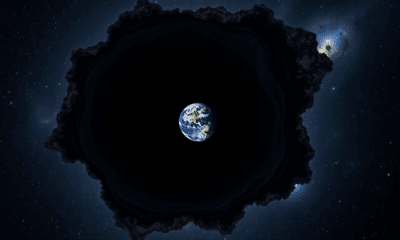

Our galaxy may reside in a billion-light-year-wide cosmic bubble that accelerates local expansion, potentially settling the long-running Hubble tension. Galaxy counts reveal a sparsely populated neighborhood,...
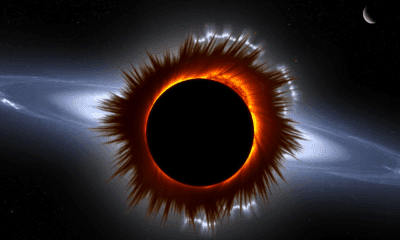

Gravitational-wave detectors have captured their biggest spectacle yet: two gargantuan, rapidly spinning black holes likely forged by earlier smash-ups fused into a 225-solar-mass titan, GW231123. The...
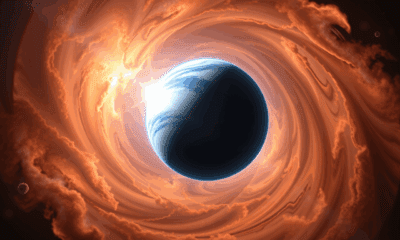

Astronomers have uncovered a massive, hidden exoplanet nestled in the dusty disc of a young star—MP Mus—by combining cutting-edge data from the ALMA observatory and ESA’s...
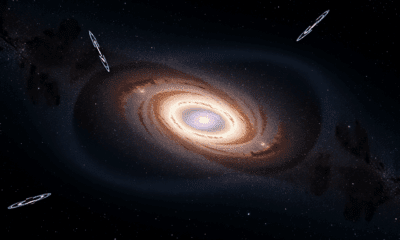

New supercomputer simulations suggest the Milky Way could be surrounded by dozens more faint, undetected satellite galaxies—up to 100 more than we currently know. These elusive...
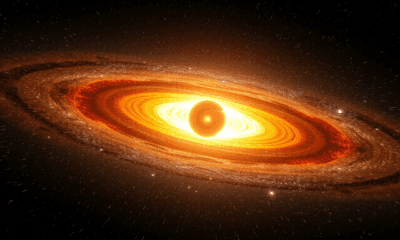

Imagine a star powered not by nuclear fusion, but by one of the universe’s greatest mysteries—dark matter. Scientists have proposed the existence of “dark dwarfs,” strange...


A major breakthrough in Maya archaeology has emerged from Caracol, Belize, where the University of Houston team uncovered the tomb of Te K'ab Chaak—Caracol’s first known...
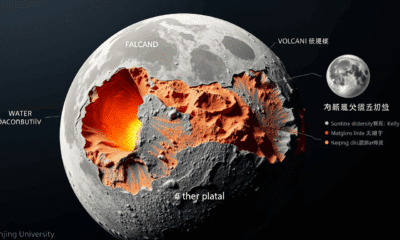

China's Chang’e-6 mission has delivered the first-ever samples from the Moon’s far side, shedding light on one of planetary science’s greatest mysteries: why the near and...
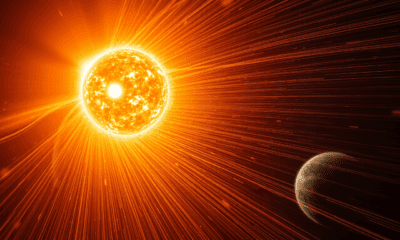

In its closest-ever dive into the Sun’s atmosphere, NASA’s Parker Solar Probe has returned stunning new images and data that bring scientists closer to solving one...
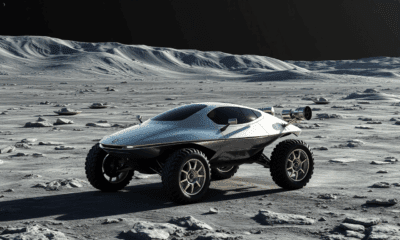

NASA is gearing up for an exciting chapter in lunar exploration by sending a trio of high-tech instruments to the Moon. Two of the devices will...